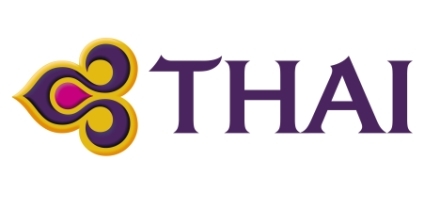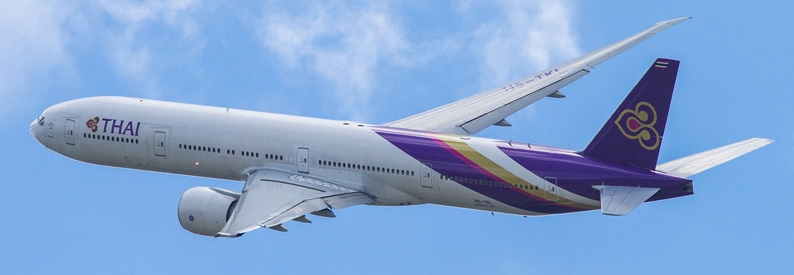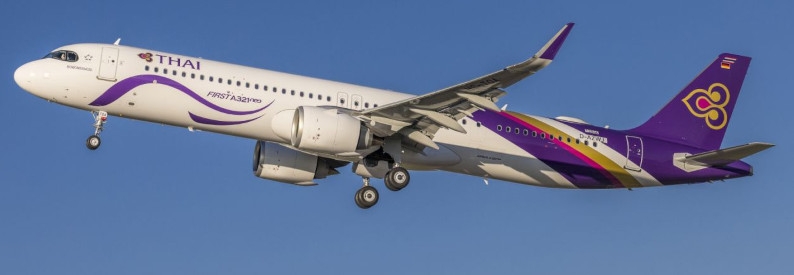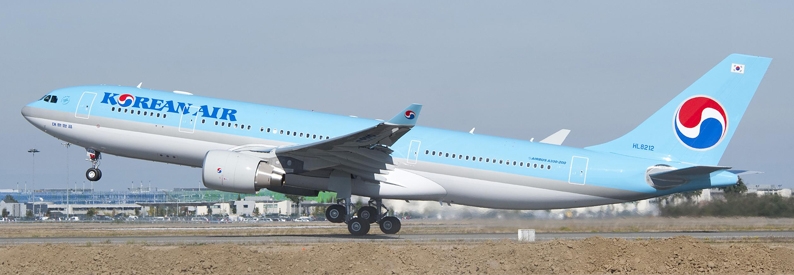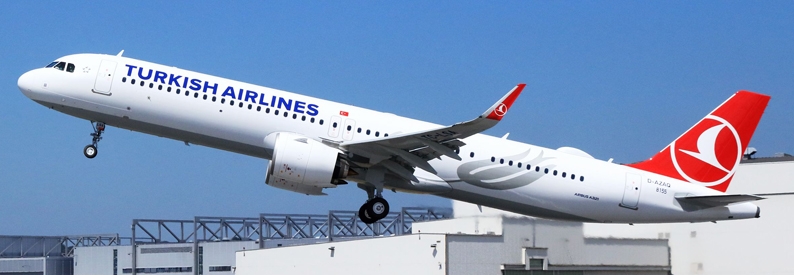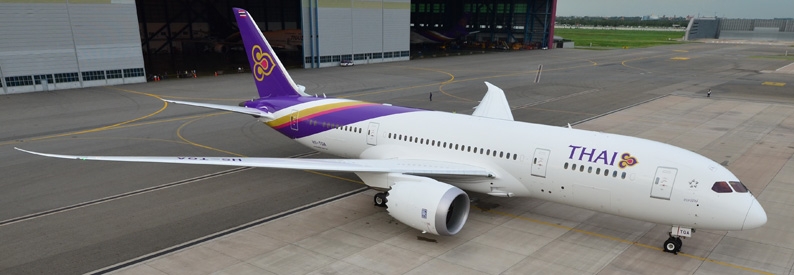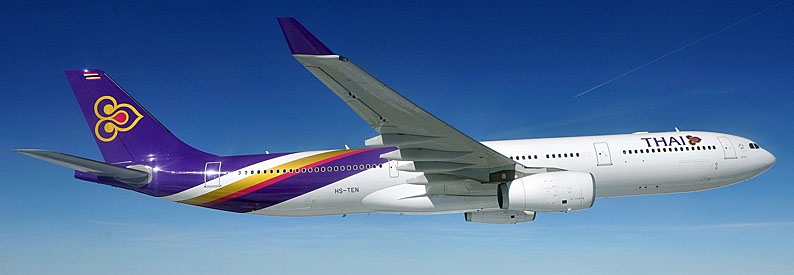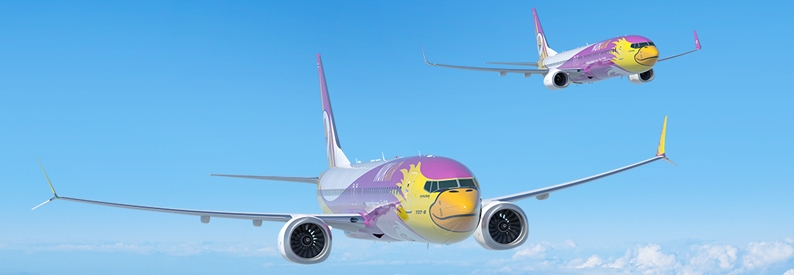Thai Airways International (TG, Bangkok Suvarnabhumi) is likely to place orders for a total of 23 jet aircraft by the end of 2018, including 13 widebodies and 10 narrowbodies, Thai Minister of Transport Arkhom Termpittayapaisith has said.
The order is subject to governmental approval, expected this year. The new aircraft will come as a replacement for the current fleet of Thai Airways and its regional subsidiary, Thai Smile (Bangkok Suvarnabhumi).
According to the ch-aviation fleets module, the Thai flag carrier currently operates a nearly exclusively widebody fleet consisting of fifteen A330-300s, twelve A350-900s, six A380-800s, eight B747-400s, six B777-200s, six B777-200(ER)s, six B777-300s, fourteen B777-300(ER)s, six B787-8s, and two B787-9s. Its sole narrowbody jet, a B737-400, is due to be retired later this year. For its part, Thai Smile operates twenty A320-200s.
According to Reuters, Termpittayapaisith told a press conference that the new order would likely include A320neo for Thai Smile and any of A330-800s, A330-900s, A350s, B787-9s, or B777Xs for the mainline carrier.
Thai Airways has been undergoing restructuring over the last few years as the government, which directly owns 51% of the airline's stock, seeks to return it to profitability. In 2017, Thai posted a THB2.1 billion baht (USD62.3 million) net loss. Last year, Thai reduced its shareholding in local low-cost carrier Nok Air (DD, Bangkok Don Mueang) to 21.8% but has since sought to increase cooperation between the LCC, Thai Smile, and its mainline unit.
Thai is also in the process of disposing of its mothballed fleet of three A340-500s and six A340-600s, currently stored at Bangkok Don Mueang and Utapao respectively.
- Type
- Base
- Aircraft
- Destinations
- Routes
- Daily Flights
